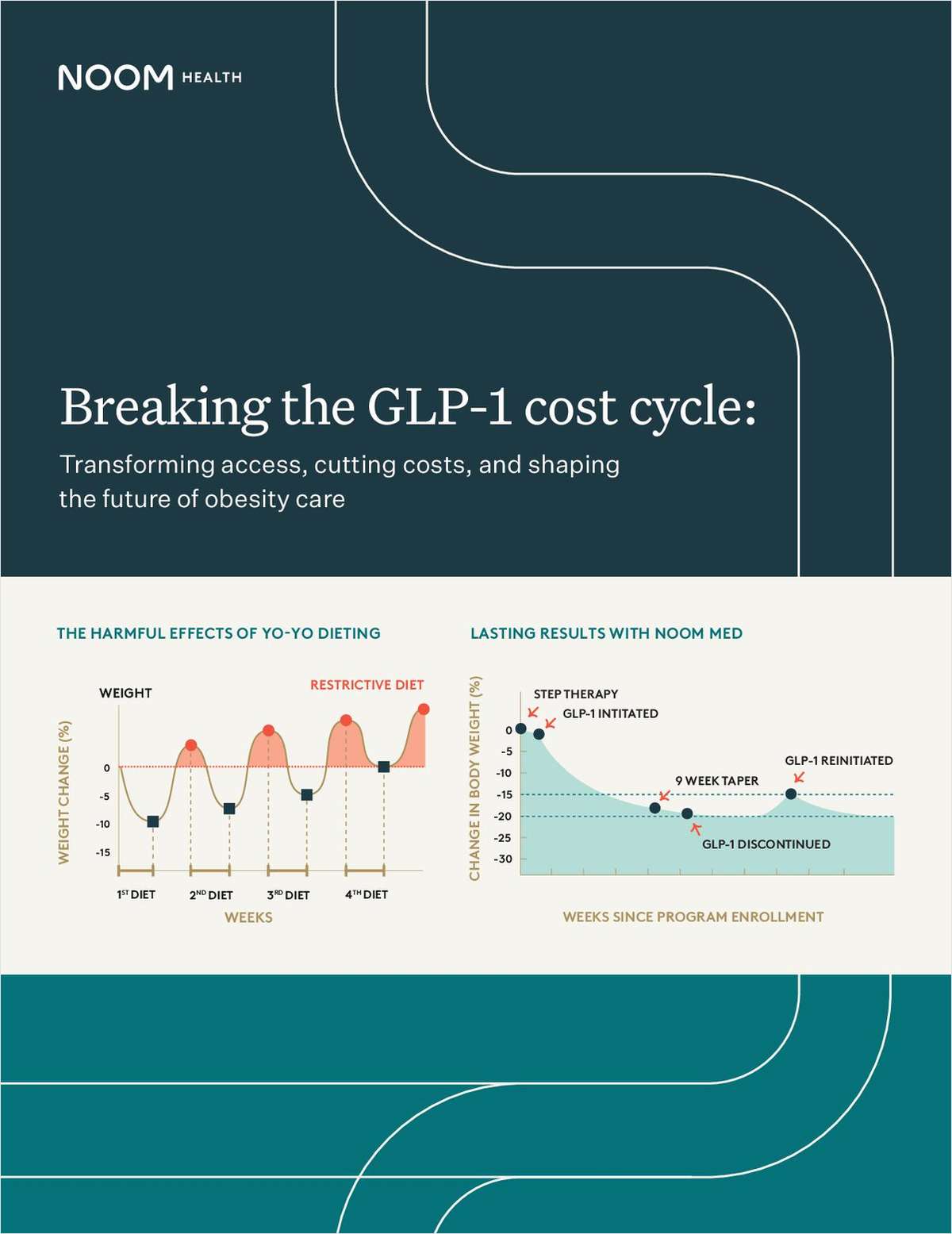COVID-19 Has Implications in Zoning Procedures
Buried in the common law of zoning may be a way out from coronavirus-induced delays and rescheduling that may drive the process beyond time limits.
March 13, 2020 at 12:25 PM
5 minute read
 You wouldn't immediately think the coronavirus pandemic has zoning implications, but it does. What happens, for instance, when meetings on pending applications can't be held?
You wouldn't immediately think the coronavirus pandemic has zoning implications, but it does. What happens, for instance, when meetings on pending applications can't be held?
We have statutory time limits for accepting applications, holding hearings, closing hearings and deciding applications. And those time limits sound like they are mandatory.
Take a look at Section 8-7d of the General Statutes: "such hearing shall commence within 65 days after receipt of such petition … and shall be completed within 35 days after such hearing commences" and "all decisions on such matters shall be rendered not later than 65 days after completion of such hearing." Applicants may consent to one or more extensions of these time periods for up to 65 days in total.
That's draconian. And most land-use boards and commissions treat these time limits as mandatory and sacrosanct.
But buried in the common law of zoning may be a way out from coronavirus-induced delays and rescheduling that may drive the process beyond time limits. There is an argument that time limits can be waived by an applicant with a unilateral request for an extension.
In Frito-Lay v. Planning & Zoning Commission, 206 Conn. 554, 538 A.2d 1039 (1988), the Connecticut Supreme Court held that the applicant's request for an extension that necessarily took it beyond the time limits was a waiver of its rights to a decision within the time limits:
"The trial court found that Frito-Lay, by requesting the extension March 11, 1985, waived the 65-day time limit under the statute, thereby rendering it impossible for the commission to act within that 65-day period. There is no question that more than 65 days had elapsed from January 14, 1985, to March 26, 1985, when the commission rendered its decision. Having requested this continuance beyond what would have been 65 days. … Frito-Lay's action in obtaining the extension … was a valid waiver of its right to require the defendant commission to make its decision under the statute within 65 days after the completion of the hearing of January 14, 1985. See General Statutes §§ 8-7d, 8-3c."
The Appellate Court followed the Frito-Lay holding in Cammarota v. Commission, 906 A.2d 741, 97 Conn. App. 783 (App. Ct. 2006):
"Although it concerns the 65-day period after the completion of the public hearing as opposed to the 35 days to complete the hearing at issue here, our Supreme Court's reasoning in Frito-Lay, Inc. v. Planning & Zoning Commission, 206 Conn. 554, 538 A.2d 1039 (1988), is apposite. … In this case, the Cammarotas, having requested the extensions beyond the 35 day limitation to complete the hearing, similarly cannot complain now about the effect of the extensions' having been granted."
The unanswered question is whether the "waiver" in these decisions is merely the invocation of the allowed extensions or something more. Frito-Lay is silent on the statutory extension. Cammarota discusses the statutory extension at length and lays out how the continuances requested fall within the terms of the amended statute. In a footnote in Cammarota, the court calls them "extensions:"
"Although the Cammarotas assert that the continuances they requested are distinct from the extensions included in the statute, they cite to no case law, and we are unaware of any, that differentiates a continuance from an extension in the realm of applications to a planning and zoning commission," the court wrote. "Therefore, for clarity in this section, we will refer to the Cammarotas' requests as being for extensions."
The "something more" is that the time limits are most certainly for the sole benefit of the applicant. They are not jurisdictional. If an applicant can waive the time limit by requesting continuances or extensions or whatever you want to call them that happen to comport with the statutory provision allowing for extensions, cannot an applicant request an extension beyond the allowed extensions and effectively waive its rights? Frito-Lay is all about waiver and Cammarota follows it. A logical extension of the decisions may be that an applicant can waive its rights under the time limits.
And if the town attorney or any of the stakeholders are uncomfortable with making new law during the coronavirus pandemic by going one step beyond Frito-Lay and going against all those "shall's" in the enabling statute, an applicant might offer to withdraw without prejudice and reapply, with the commission waiving the usual fees. The old record can be incorporated into the new one. Withdrawing and reapplying won't work in those rare cases where the zoning affecting the property has been amended after the application was submitted and the applicant needs to protect its vested rights under Section 8-2h of the General Statutes.
Finally, there is broad-based speculation that the General Assembly will offer up some relief from the "mandatory" time limits.
Attorney Dwight Merriam, www.dwightmerriam.com, practices in Simsbury and is a member of the Connecticut Law Tribune's editorial board.
This content has been archived. It is available through our partners, LexisNexis® and Bloomberg Law.
To view this content, please continue to their sites.
Not a Lexis Subscriber?
Subscribe Now
Not a Bloomberg Law Subscriber?
Subscribe Now
NOT FOR REPRINT
© 2025 ALM Global, LLC, All Rights Reserved. Request academic re-use from www.copyright.com. All other uses, submit a request to [email protected]. For more information visit Asset & Logo Licensing.
You Might Like
View All
ADVANCE Act Offers Conn. Opportunity to Enhance Carbon-Free Energy and Improve Reliability With Advanced Nuclear Technologies

Trending Stories
Who Got The Work
J. Brugh Lower of Gibbons has entered an appearance for industrial equipment supplier Devco Corporation in a pending trademark infringement lawsuit. The suit, accusing the defendant of selling knock-off Graco products, was filed Dec. 18 in New Jersey District Court by Rivkin Radler on behalf of Graco Inc. and Graco Minnesota. The case, assigned to U.S. District Judge Zahid N. Quraishi, is 3:24-cv-11294, Graco Inc. et al v. Devco Corporation.
Who Got The Work
Rebecca Maller-Stein and Kent A. Yalowitz of Arnold & Porter Kaye Scholer have entered their appearances for Hanaco Venture Capital and its executives, Lior Prosor and David Frankel, in a pending securities lawsuit. The action, filed on Dec. 24 in New York Southern District Court by Zell, Aron & Co. on behalf of Goldeneye Advisors, accuses the defendants of negligently and fraudulently managing the plaintiff's $1 million investment. The case, assigned to U.S. District Judge Vernon S. Broderick, is 1:24-cv-09918, Goldeneye Advisors, LLC v. Hanaco Venture Capital, Ltd. et al.
Who Got The Work
Attorneys from A&O Shearman has stepped in as defense counsel for Toronto-Dominion Bank and other defendants in a pending securities class action. The suit, filed Dec. 11 in New York Southern District Court by Bleichmar Fonti & Auld, accuses the defendants of concealing the bank's 'pervasive' deficiencies in regards to its compliance with the Bank Secrecy Act and the quality of its anti-money laundering controls. The case, assigned to U.S. District Judge Arun Subramanian, is 1:24-cv-09445, Gonzalez v. The Toronto-Dominion Bank et al.
Who Got The Work
Crown Castle International, a Pennsylvania company providing shared communications infrastructure, has turned to Luke D. Wolf of Gordon Rees Scully Mansukhani to fend off a pending breach-of-contract lawsuit. The court action, filed Nov. 25 in Michigan Eastern District Court by Hooper Hathaway PC on behalf of The Town Residences LLC, accuses Crown Castle of failing to transfer approximately $30,000 in utility payments from T-Mobile in breach of a roof-top lease and assignment agreement. The case, assigned to U.S. District Judge Susan K. Declercq, is 2:24-cv-13131, The Town Residences LLC v. T-Mobile US, Inc. et al.
Who Got The Work
Wilfred P. Coronato and Daniel M. Schwartz of McCarter & English have stepped in as defense counsel to Electrolux Home Products Inc. in a pending product liability lawsuit. The court action, filed Nov. 26 in New York Eastern District Court by Poulos Lopiccolo PC and Nagel Rice LLP on behalf of David Stern, alleges that the defendant's refrigerators’ drawers and shelving repeatedly break and fall apart within months after purchase. The case, assigned to U.S. District Judge Joan M. Azrack, is 2:24-cv-08204, Stern v. Electrolux Home Products, Inc.
Featured Firms
Law Offices of Gary Martin Hays & Associates, P.C.
(470) 294-1674
Law Offices of Mark E. Salomone
(857) 444-6468
Smith & Hassler
(713) 739-1250












